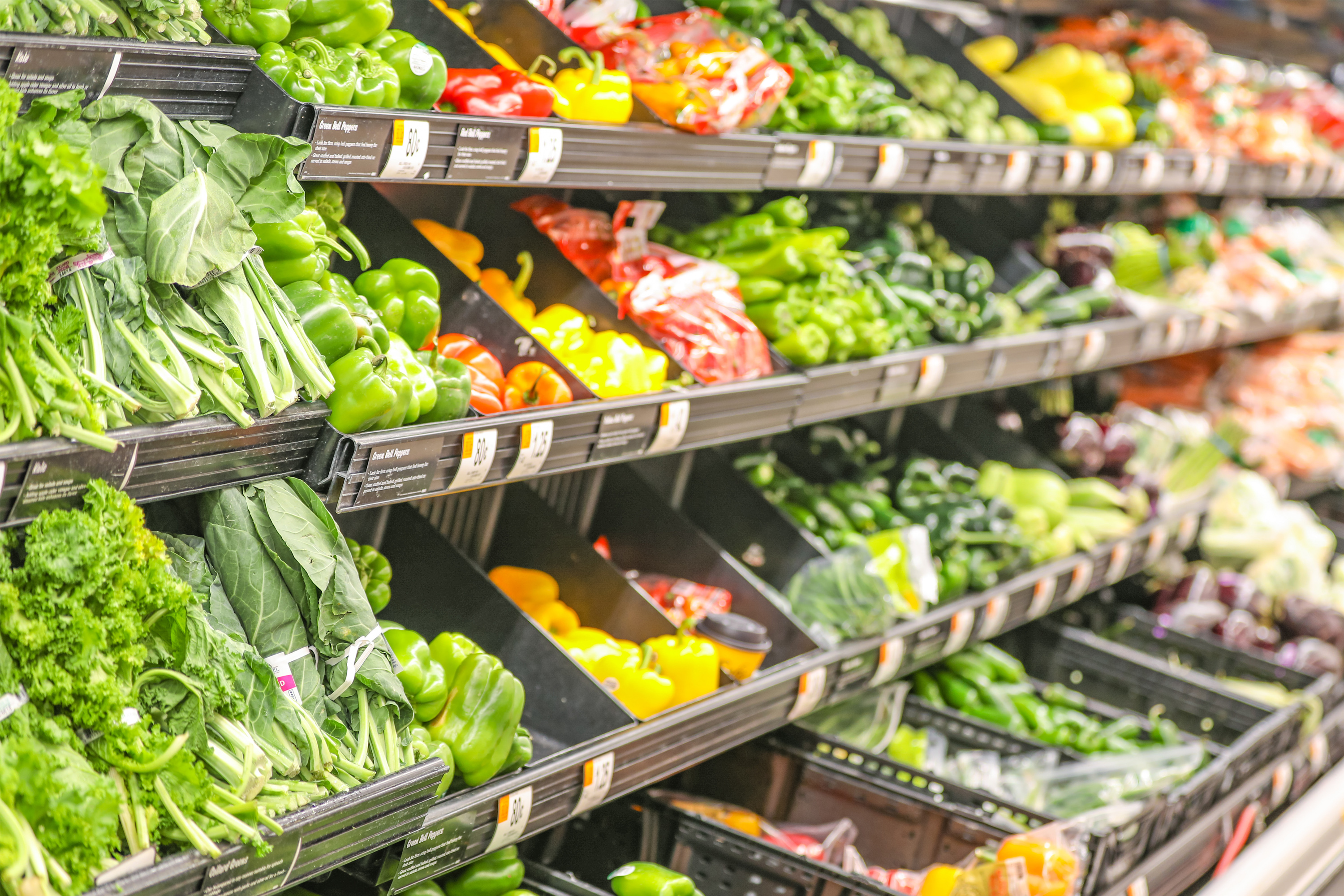The food systems supply chain is a vast network of people and products that is ever evolving. If you’re working with more than 4,500 supplies, working together to create a more sustainable future that’s good for the planet and for the people, becomes that much more of a challenge. Walmart depends on each step working together to build the future for their consumers.
In this episode, I’m joined by Walmart’s Marco Reyes, Sr. Director Industry Initiatives and Portfolio Management, Michael Yates, Sr. Director Innovations Agricultural Strategy, and Laura Himes, Senior Merchandising Director, to talk about how the retailer is working across the food systems to provide good food from soil to shopping cart.
Join us as we discuss:
- How the supply chain is working to build a healthy supply chain
- Communicating with consumers on how and where produce was grown
- Technologies part in food systems
Guests:
- Marco Reyes, Sr. Director Industry Initiatives and Portfolio Management - Responsible Sourcing at Walmart
- Michael Yates, Sr. Director Innovations Agricultural Strategy at Walmart
- Laura Himes, Senior Merchandising Director at Walmart
To hear all the freshest interviews in the produce industry, subscribe to Fresh Takes on Tech on Apple, Spotify, or your preferred podcast platform.
Listening on a desktop & can’t see the links? Just search for Fresh Takes on Tech in your favorite podcast player.
Listen
Walmart: Building a Healthy Supply Chain From Soil to Shopping Cart
According to Laura Himes, on the people-side, Walmart is working to treat workers with dignity and responsibility — An ethical charter they expect all of their suppliers to endorse by the end of this year.
They’re also launching a new program where suppliers can share what they're doing with regards to responsible recruitment. Since it’s common knowledge that no one's perfect, they’re doing a lot of work right now focusing on how to build up their communities.
And one area in produce that they’ve honed in on is helping to build capabilities for socially-disadvantaged and diverse farmers. There’s a lot that can be done to help them build their businesses, like helping them decide whether they should sell to wholesale or retail.
Also, there's so many things that suppliers are doing right now when it comes to regenerative practices (like soil health, crop rotations and carbon-neutral practices, pollinator protection, etc) that Walmart is eager to support.
Keeping relationships strong
You see, Walmart has a close relationship with a lot of their suppliers, whether it's through their buyers or their global produce-sourcing partners who are in the field year-round.
These are the people bringing back the stories to Walmart, who are, in turn, able to share them with others as well.
These suppliers’ stories are not only valuable because they're good for Walmart to learn from, but because they’re also instructive for others in the network.
“This is not just Walmart in isolation trying to become a regenerative company; we need everyone to join in. We depend on our suppliers, our customers, and our stakeholders.” — Laura Himes
Communicating with consumers on how and where produce is grown
The average customer, in general, rarely has insight into how products are grown.
Case in point:
When Laura first came into the industry, she worked in a banana plantation in Panama where she saw (in real time) the number of people required to grow a product, the processes and decisions that must be made, and all of the environmental, social and historical impacts of the global supply chain.
There’s so much that goes into it…
But the amazing thing is when an average consumer goes to the supermarket to pick up bananas, they often don’t even consider where it’s grown.
But this doesn’t mean transparency isn’t important to consumers.
